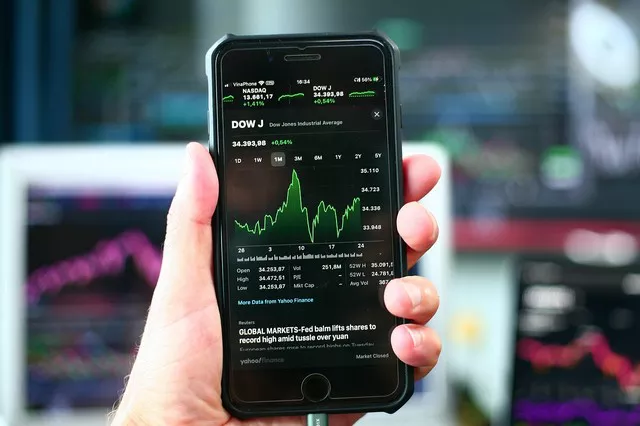Sugar futures contracts are essential tools for participants in the commodities market, providing a means to speculate on the future price movements of various types of sugar and manage risk exposure in the sugar industry. These futures contracts come in different types, each representing specific varieties of sugar with distinct characteristics and trading mechanisms. In this article, we delve into the various types of sugar futures contracts, exploring their definitions, specifications, and significance in the global sugar market.
Raw Sugar Futures
Raw sugar futures contracts represent unrefined sugar derived from sugarcane or sugar beets and are traded on regulated futures exchanges such as the Intercontinental Exchange (ICE) and the New York Mercantile Exchange (NYMEX). Raw sugar futures contracts typically have a standardized contract size of 112,000 pounds (50 metric tons) and are quoted in cents per pound. These contracts are popular among producers, consumers, traders, and investors seeking exposure to the raw sugar market and are used for hedging, speculation, and risk management purposes.
White Sugar Futures
White sugar futures contracts represent refined sugar that has undergone the process of purification and crystallization, resulting in a white, granulated form of sugar. These contracts are traded on futures exchanges such as ICE and NYMEX and typically have a standardized contract size of 112,000 pounds (112,000 pounds). White sugar futures contracts are quoted in dollars per metric ton and serve as essential instruments for participants in the refined sugar market. Like raw sugar futures contracts, white sugar futures contracts are used for hedging, speculation, and risk management purposes.
Demerara Sugar Futures
Demerara sugar futures contracts represent a specific variety of raw sugar known as Demerara sugar, which is produced primarily in Guyana and has distinctive characteristics, including a light brown color and a mild molasses flavor. These contracts are traded on futures exchanges and are used by market participants seeking exposure to the Demerara sugar market. Demerara sugar futures contracts typically have a standardized contract size and are quoted in cents per pound, similar to other types of sugar futures contracts.
Molasses Futures
Molasses futures contracts represent a byproduct of the sugar refining process and are used in various industries, including food production, animal feed, and biofuel production. These contracts allow market participants to speculate on the future price movements of molasses and manage risk exposure in the molasses market. Molasses futures contracts are traded on futures exchanges and typically have a standardized contract size and price quotation, similar to other types of sugar futures contracts.
Ethanol Futures
Ethanol futures contracts represent ethanol, a type of alcohol produced from the fermentation of sugars found in grains, sugarcane, and other biomass materials. Ethanol is commonly used as a fuel additive in gasoline to reduce emissions and improve octane ratings. Ethanol futures contracts allow market participants to speculate on the future price movements of ethanol and manage risk exposure in the ethanol market. These contracts are traded on futures exchanges and typically have a standardized contract size and price quotation, similar to other types of energy futures contracts.
Significance of Different Types of Sugar Futures Contracts
The different types of sugar futures contracts play essential roles in the commodities market and broader sugar industry:
1. Price Discovery: Sugar futures contracts provide a transparent and efficient mechanism for price discovery, allowing market participants to assess supply and demand dynamics, anticipate future price movements, and make informed trading decisions.
2. Risk Management: Sugar futures contracts enable producers, consumers, traders, and investors to hedge against price volatility and manage risk exposure in the sugar industry. By entering into futures contracts, market participants can lock in prices, protect against adverse price movements, and mitigate potential losses.
3. Market Liquidity: Sugar futures contracts enhance market liquidity by providing a centralized marketplace for buying and selling sugar, attracting a diverse range of participants and facilitating seamless price discovery and execution of trades.
Conclusion
In conclusion, the different types of sugar futures contracts serve as essential instruments in the commodities market, providing market participants with a means to speculate on the future price movements of various types of sugar and manage risk exposure in the sugar industry. From raw sugar and white sugar to Demerara sugar, molasses, and ethanol, these futures contracts offer transparency, liquidity, and price discovery in the global sugar market, enabling producers, consumers, traders, and investors to hedge against price volatility, lock in prices, and capitalize on trading opportunities in this dynamic and essential commodity sector.


